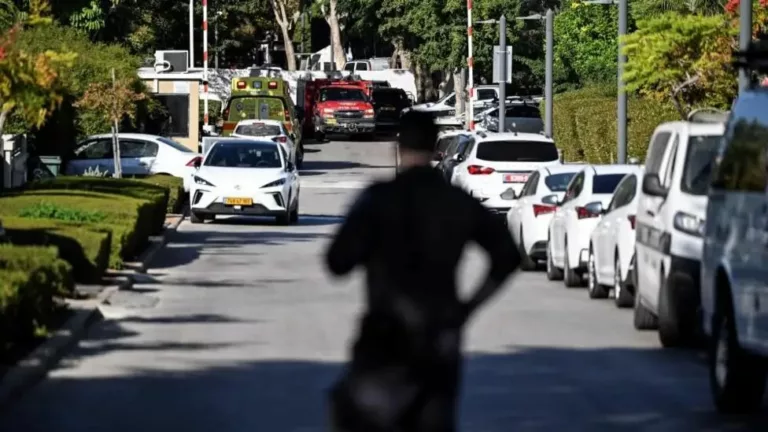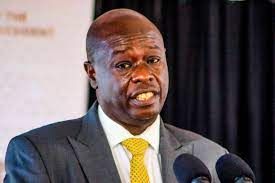
Russian strikes late Sunday on the northeastern Ukrainian city of Kharkiv injured at least 12 people and disrupted power supply to parts of the city, according to local officials and police.
This latest attack coincides with preparations by Ukrainian officials for a new wave of bombardments, which they anticipate will focus on the country’s energy infrastructure ahead of winter, similar to Moscow’s tactics in the past two years.
Russia has targeted the country’s power supplies to make the harsh winter harder to endure for the country’s civilian population in an effort to put more pressure on the authorities.
Police said in a statement on Telegram that Russia had launched strikes on three districts of Kharkiv at around 10:00 pm. (1900 GMT), injuring seven women and five men.
Among the buildings hit were residential buildings, garages, service stations, houses, and cars, the statement added.
Medical services were mobilized to help the injured, but the strikes cut power to parts of the city, said police.
Regional governor Oleg Synegubov and Kharkiv mayor Igor Terekhov confirmed on Telegram that parts of the city were without power.
The two officials did not detail the exact extent of the damage or specify what power infrastructure had been affected.
Kharkiv, the main city of the northeast region of the same name, is a regular target of Russian strikes. It lies less than 30 kilometers (19 miles) from the Russian border.
In May, Russia’s army tried to push forward in this border region, officially to create a buffer zone to limit Ukrainian attacks against military and industrial targets on Russian soil.
However, the offensive has not succeeded in stopping Kyiv from targeting Russian territory on a daily basis.
In Kryvyi Rig, the southern hometown of President Volodymyr Zelensky, an overnight missile strike also wounded three people and damaged homes, according to city mayor Oleksandr Vilkul.
On the other side of the front, two people were wounded in Ukrainian strikes on Russia’s Belgorod region, according to governor Vyacheslav Gladkov, who also reported damage to civilian infrastructure.
AFP.






